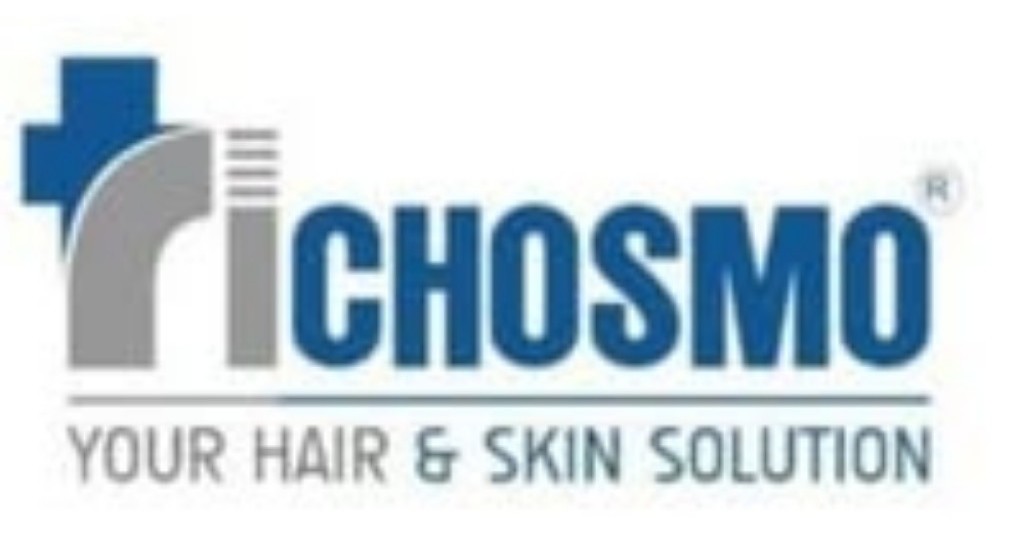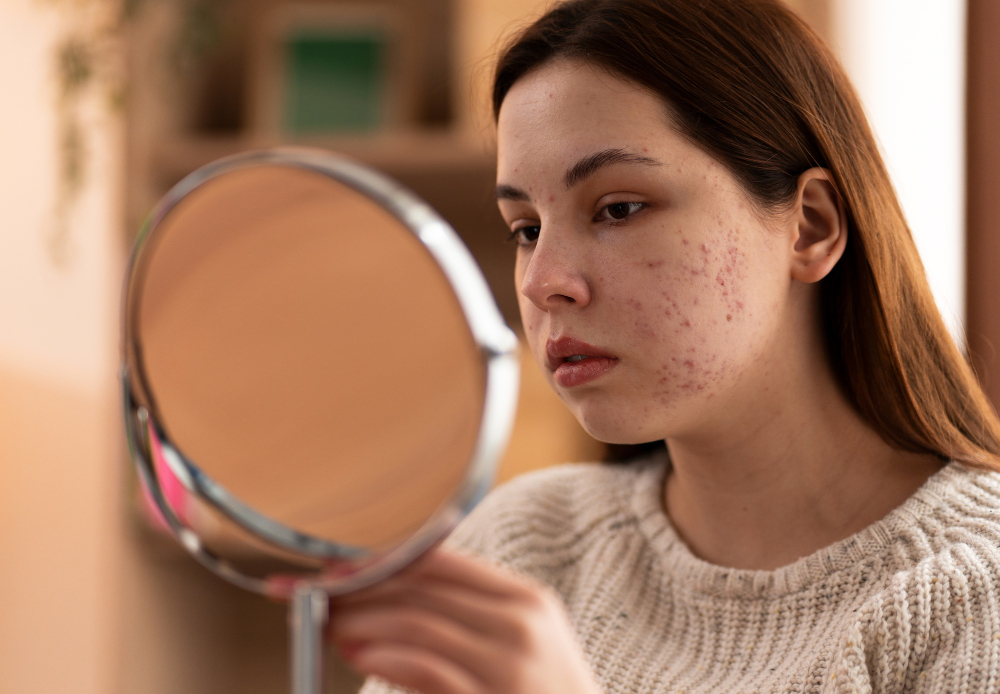What Is Acne Vulgaris?
Acne vulgaris is a common skin problem. It causes pimples, blackheads, and whiteheads. Many teenagers and adults get acne. Although it is not dangerous, it can affect how you feel about your skin. For some, acne can leave scars. Because of this, finding the right acne vulgaris treatment is important.
Goals of Acne Vulgaris Treatment
When treating acne, doctors focus on three main goals. First, they want to reduce breakouts and swelling. Next, they aim to prevent new pimples from forming. Finally, they try to minimize acne scars and improve skin appearance. With the right plan, you can see clearer skin and feel more confident.
Topical Treatments for Acne
Many people start with creams or gels for acne. These are called topical treatments. They work on the skin’s surface. Some common ingredients include:
Usually, you apply these once or twice a day. However, some people may feel dryness or redness at first. If this happens, use a gentle moisturizer. According to the American Academy of Dermatology, these treatments are safe for most people.
Oral Medications for Acne
Sometimes, creams are not enough. In these cases, doctors may suggest oral medications. These work from inside the body. Options include:
Doctors usually prescribe these for moderate or severe acne. However, you should always follow your doctor’s advice. Long-term use of antibiotics is not recommended by the CDC.
Lifestyle and Skincare Adjustments
Besides medicine, lifestyle changes can help. For example, gentle skincare routines are important. Try these tips:
Also, eating a balanced diet and managing stress may help some people. While these steps do not cure acne, they support healthy skin.
Light and Laser Therapies
For some, light or laser treatments can help. These therapies target bacteria and reduce oil. Although results vary, many people see fewer breakouts. Usually, you need several sessions. Always talk to a dermatologist before starting these treatments. The World Health Organization notes these options are safe when done by trained professionals.
Chemical Peels and Lesion Extraction
Chemical peels use mild acids to remove the top layer of skin. This can help unclog pores and fade scars. Lesion extraction is when a doctor gently removes large pimples or blackheads. Both treatments should be done by a skin specialist. Because of this, you should not try them at home.
Isotretinoin for Severe Acne
For very severe acne, doctors may suggest isotretinoin. This strong medicine can clear stubborn acne when other treatments fail. However, it can have side effects. Regular check-ups are needed during treatment. The American Academy of Dermatology recommends isotretinoin only for severe cases.
Psychological Support for Acne Sufferers
Acne can affect your mood and self-esteem. Because of this, some people feel sad or anxious. If acne makes you feel this way, talk to someone you trust. Support groups or counseling can help. Remember, you are not alone. Many people face the same challenges.
Tips to Prevent Acne Scarring
Preventing scars is easier than treating them. Try these tips:
With the right care, you can minimize acne scars and enjoy healthier skin.
For the best results, consult a dermatologist for personalized acne treatment and support.


